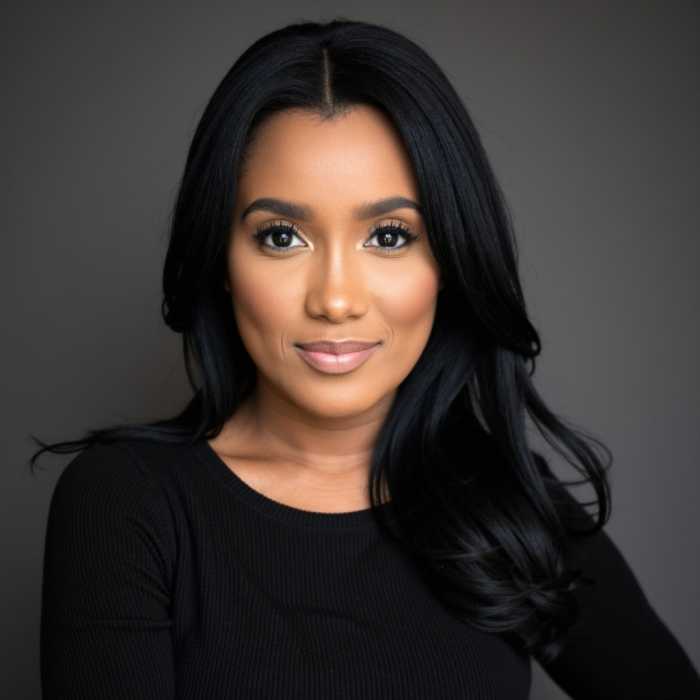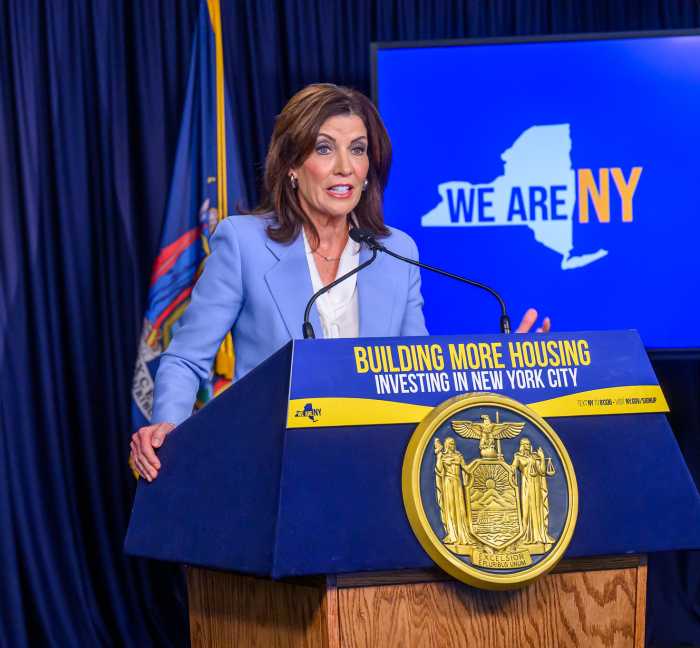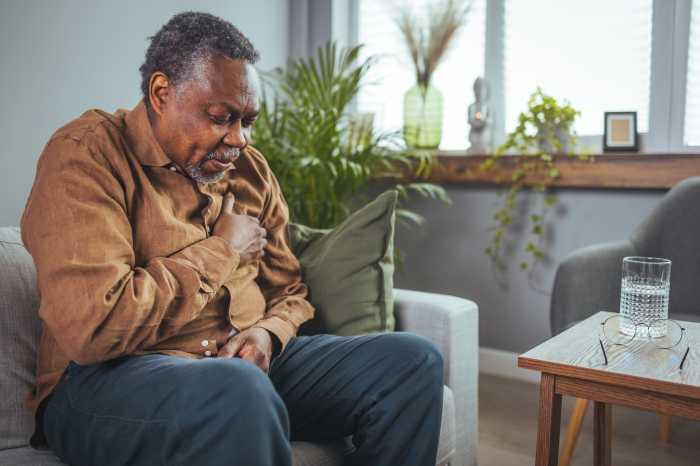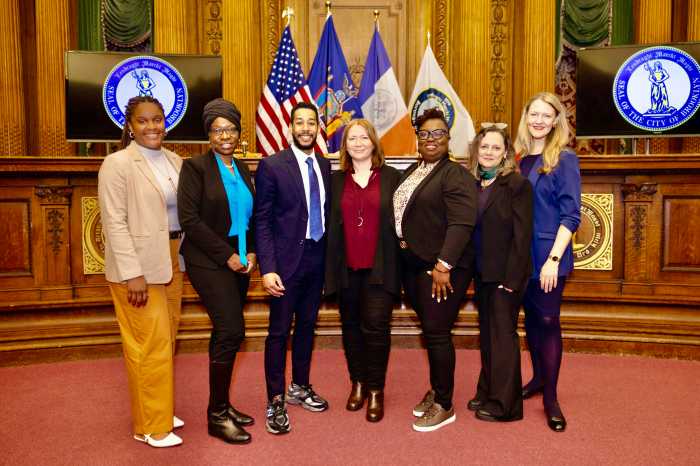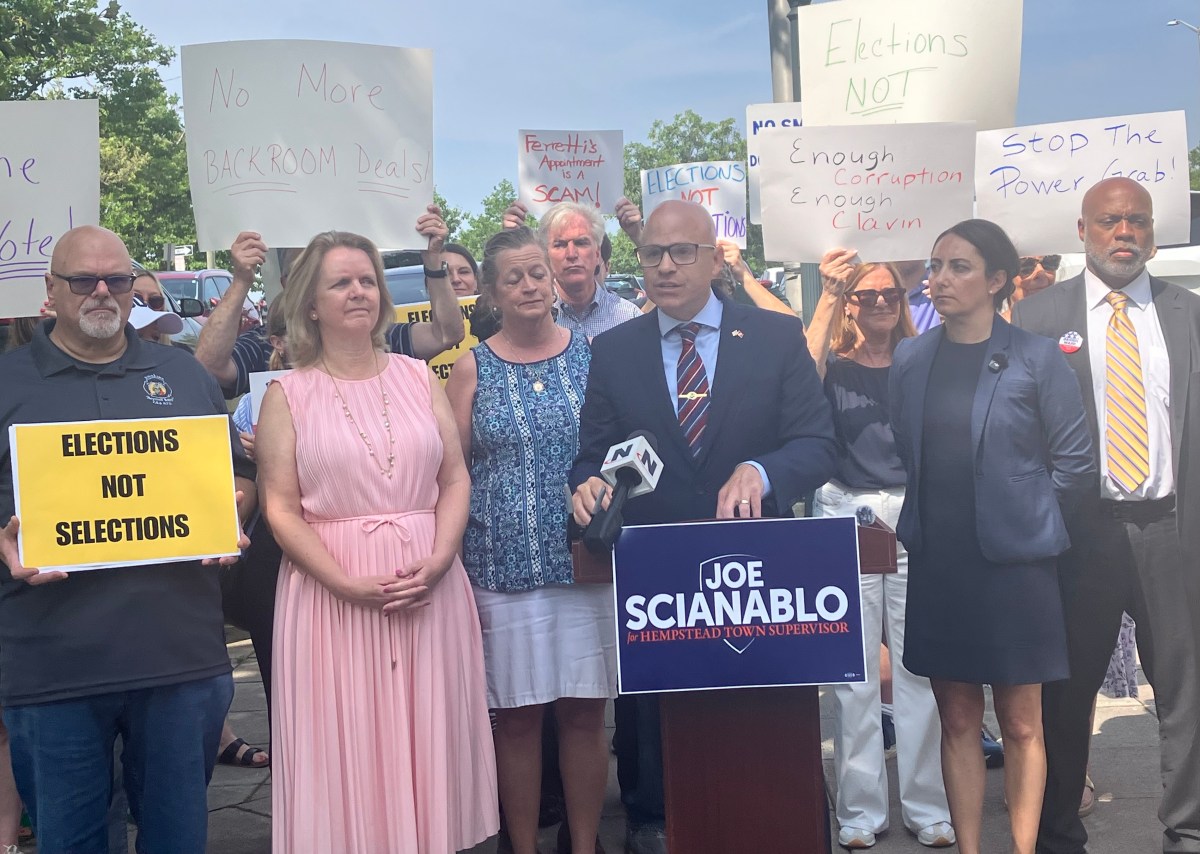Several local legislators have called for action to protect communities of color, saying that data released on Wednesday reveals that the coronavirus (COVID-19) disproportionately impact minorities.
“The COVID-19 data released today reveals that the virus has had a disproportionate impact on communities of color,” said New York Attorney General Letitia James, a Brooklyn resident. “To say it is disturbing would be an understatement. Public health crises like this both reveal and exacerbate the depths of inequality in our society.
“I thank Gov. (Andrew) Cuomo for his efforts to address these devastating disparities, but we must all continue to do more,” she added. “We must expand treatment, rapid testing, and tracking with a sharp eye toward marginalized communities.
“We must also continue to increase hospital capacity, resources for safety net hospitals, and expand language access to ensure those communities hit hardest have the information they desperately need,” James continued, stating that more is needed “to protect our essential workers, many of whom are people of color.
“That means providing and requiring protective equipment for public transportation workers; grocery store, delivery, and warehouse workers; home health aides, nursing home workers, and others,” she said. “It is imperative that we also think long term about tackling inequality head on and ensuring that universal healthcare access is a right, not a privilege. This is call to action. Let’s heed it.”
The preliminary data released on Wednesday shows that of the fatalities in New York City, 34 percent of the people were Hispanic and 28 percent were Black.
Hispanics make up 29 percent of the city’s total population, and Black people make up 22 percent.
By comparison, Whites make up 32 percent of the population and account for 27 percent of the fatalities.
Public Advocate Jumaane Williams, the son of Grenadian immigrants, said the data “confirms and reinforces what we’ve seen over years and decades of systemic inequities.
“These ingrained injustices have always been there, often ignored by many in power, but these numbers show the harsh truth – the bias has a body count,” he said. “From both the city and the state, the data released consistently shows that New Yorkers killed by COVID-19 are disproportionately Black or Latino – in New York City, over 60 percent.”
But even these statistics are incomplete and undercounted, Williams added, stating that city data shows that, in as high as 37 percent of fatalities, race is unknown.
“As I have said, we need to know the racial breakdown in rates of testing and of positive confirmed cases to find and correct these clear failures,” he said. “The coronavirus may not discriminate, but the response, or lack of response, clearly has.”
On Tuesday, Brooklyn Sen. Zellnor Y. Myrie and his Bronx colleague, Sen. Jamaal Bailey, called on top city and state health officials to provide demographic data on how the COVID-19 crisis was affecting communities of color.
“Today, that data was released, and as we expected, it is distressing,” said Myrie, representative for the 20th Senatorial District. “There’s no sugarcoating it: Black and Latinx people are dying at higher rates than other groups.
“While our Latinx friends and neighbors make up 29 percent of the population, they have represented 34 percent of the deaths. Black people make up 22 percent of the population, yet they have represented 28 percent of the deaths,” Myrie stressed. “Each and every one of these losses is a tragedy that might have been avoided in a more just society.”
Myrie and Bailey wrote in their letter that communities of color are at higher risk of the harms of COVID-19 due to higher rates of working in the service sector, taking public transit, renting, and experiencing co-morbidities that make them more vulnerable to the virus.
“This virus only magnifies inequities that are built into a broken system that we are fighting every day to change,” Myrie said. “There are many reasons why communities that look like mine are more vulnerable to crises like COVID-19, and some of those reasons are complex.
“But one reason we’re hurting the most right now is simple: we’re historically undercounted in the census,” added the chair of the State Senate Committee on Elections. “When we fail to get everyone counted, we miss out on federal money for our hospitals, our preventative healthcare services, our jobs programs, and so many other vital resources that would make us more prepared to weather a crisis like this.”
“I wish I could tell you that social distancing has freed us up to take the census and we’re on track to a full count, but I can’t,” he continued. “The truth is that we are behind, and if we don’t pick up the pace, we will be undercounted again, and we won’t get the resources we need to get us through not only this crisis, but the next one.”


